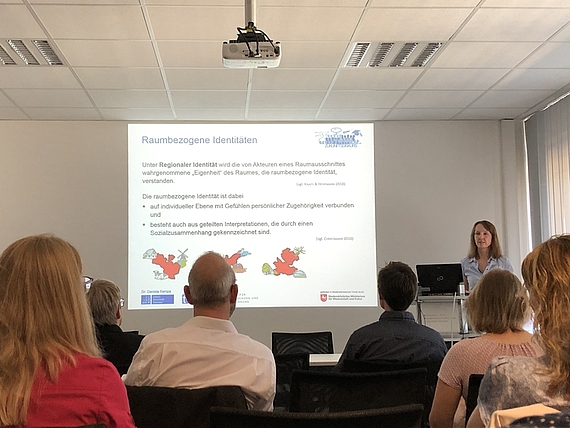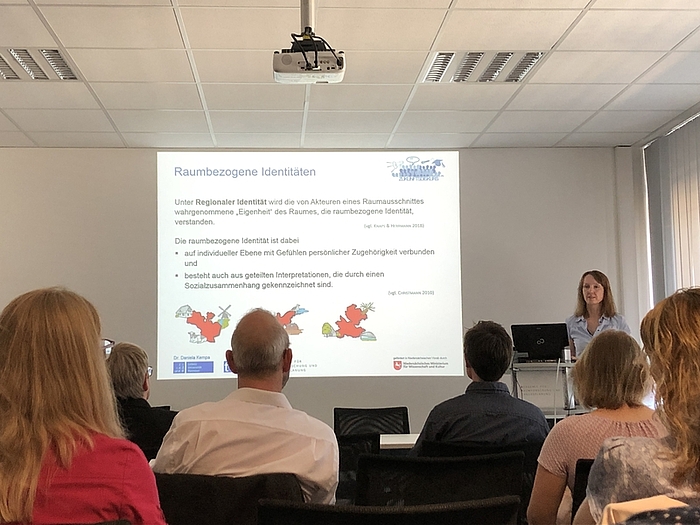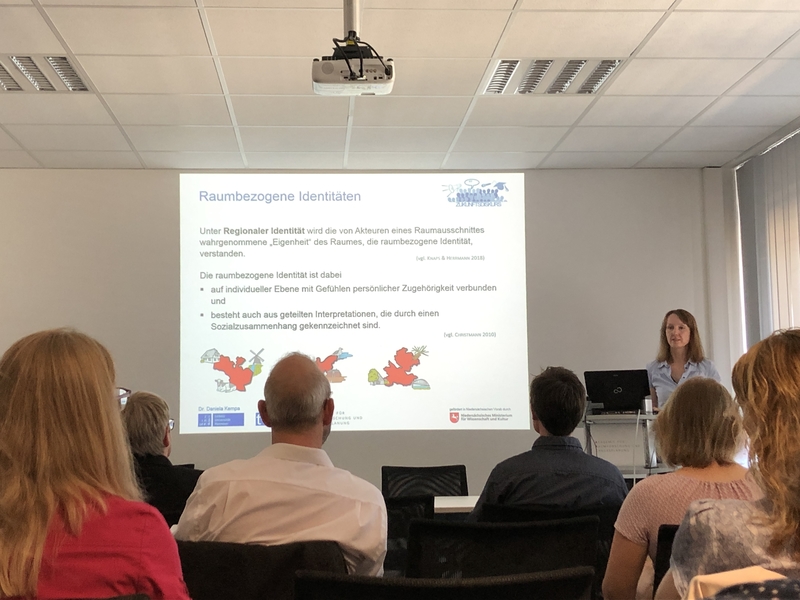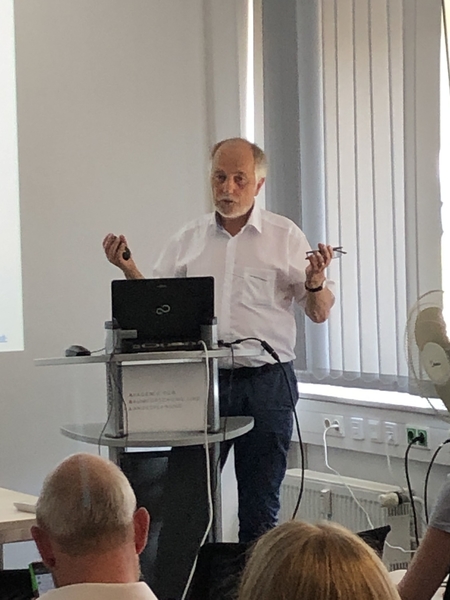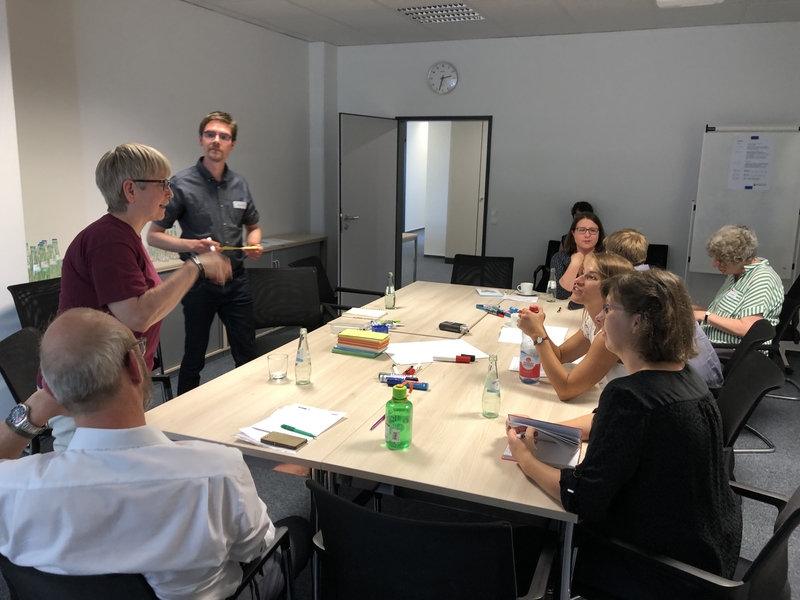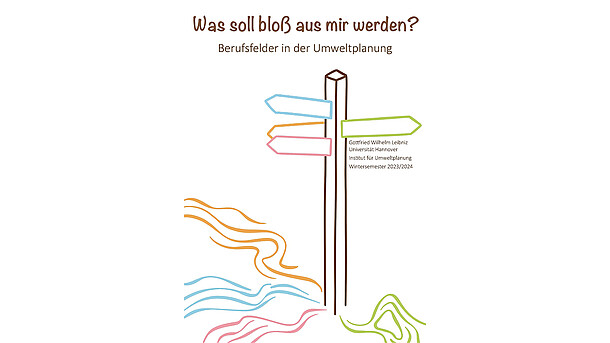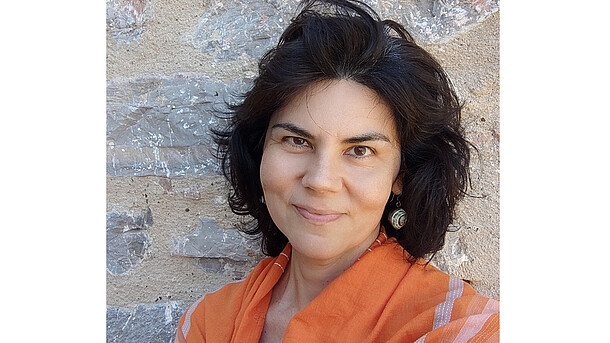Regional innovations and identification
Future discourse on spatial identities successfully launched
Can new impulses for sustainable regional development be gained from identification with one's own region? Experts from science and planning practice discussed this question and jointly came to the conclusion: "Regional identities are a resource!" and can strengthen the region as a whole.
Despite the high summer temperatures outside and in the room, the 30 invited experts used the opening event of the Future Discourse for an intensive exchange of ideas and thoughts. On the project topic "Understanding and using spatial identities - an opportunity for future-oriented regions", they discussed the use of regional identification potentials for spatial development impulses at the Academy for Spatial Research and Planning (ARL) on 19 June 2019.
Prof. Dr. Gabriela B. Christmann, Leibniz Institute for Spatial Social Research (IRS), emphasised in her introductory lecture that identity formation as a support for social innovations can be an opportunity, especially for rural regions that are strongly affected by demographic change. Creative, positive engagement with one's own (regional) identity can become an important resource for regions - such as self-organised supply, education or cultural structures.
This was also confirmed by the second keynote speech by Prof. Dr. Hans Heinrich Blotevogel (University of Vienna), who looked at the topic of region-related identity from a scientific-geographical perspective. However, he took a more critical view of the fundamental connection between space, identity and regional development and also mentioned the danger of instrumentalisation and demarcation of regional identities.
The participants then discussed the central theses of the contributions at several thematic tables. It can be stated that regional planning can and should support and moderate regional identity formation processes. The content of identities plays an important role: "they rest on the historical heritage of a region, but are not exclusively oriented towards the past, but also reflect the present and can contain visions of the future," said Prof. Christmann.
In order to develop innovative approaches and solutions for practice, the questions and theses discussed will be taken up in a further discourse between science and practice.
Lectures for download
Introductory lecture on the cooperation project by Dr Daniela Kempa, Leibniz Universität Hannover: "Zukunftsdiksurs Raumbezogene Identitäten verstehen und nutzen - Eine Chance für zukunftsorientierte Regionen"
- Impulse lecture by Prof. Dr. Gabriela B. Christmann, Leibniz Institute for Spatial Social Research (IRS): "Soziale Innovationen und Identitätsbildungen in ländlichen Räumen"
